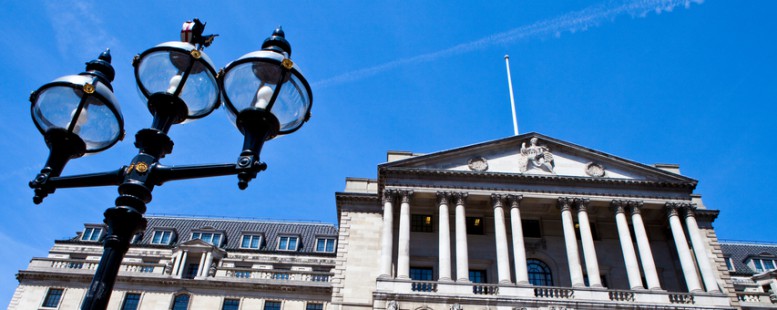Our Opinion: 2017
Interest rates to rise

The Bank of England has raised expectations to such a high level that it will increase interest rates for the first time in 10 years tomorrow, that any decision to do nothing would prompt a significant shock in financial markets.
UBS announced yesterday that it anticipates the UK bank base rate will reach 0.75% by the middle of next year, up from its current 0.25%. That creates an opportunity to invest in companies with strong balance sheets and strong cyclicality that will outperform when interest rates rise. Meanwhile, companies with high leverage are more likely to underperform.
With consumer price inflation currently at 3%, UBS forecast that the Bank of England will raise the base interest rate by 0.25% in November and another 0.25% in May. Thereafter,interest rate rises are likely to be gradual and remain data dependent. This will be the first interest rate rise since 2007.
Higher interest rates, may lead to higher borrowing costs for companies and consumers. As a result, companies with exposure to either of these areas are likely to under-perform the broader UK market in the periods around the rate rises. The combination of growth and inflation that leads to interest rate rises supports global cyclical companies. As a result, chemical and basic resources are likely to do well, along with some industrial goods. Meanwhile, companies with high debt financing may underperform once the cost of borrowing rises. This would cause real estate sectors to underperform in the short term, particularly those exposed to the consumer, who may also be squeezed on discretionary spending.
The ratings agency, Moodys, predicts the increase will not hit UK house prices.
The BoE is almost certain to say that any future rate rises will be “gradual and limited”, but will want to go further than that in providing guidance. Most economists expect the MPC (Monetary Policy Committee) to avoid saying it is “one and done”. Alan Clarke of Scotiabank says: “We very much doubt that having delivered the first rate hike for a decade that the BoE will apologise for it.” But that raises a difficulty, according to Jagjit Chadha, director of the National Institute of Economic and Social Research. He warns of the risk that markets might over-react to the first interest rate increase and expect many more too soon. “There is a need for clear guidance on the path of interest rates and the target of the final destination,” he says.
1st November 2017
